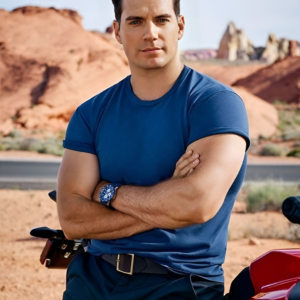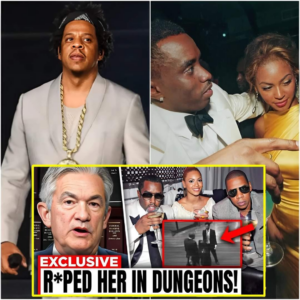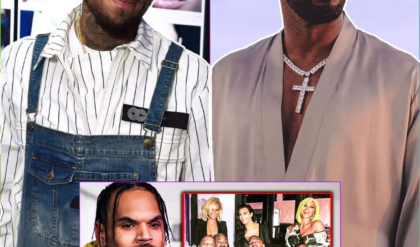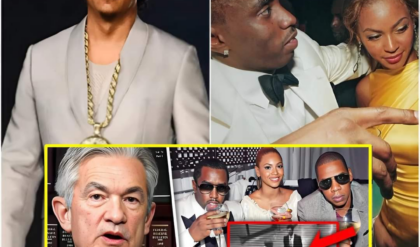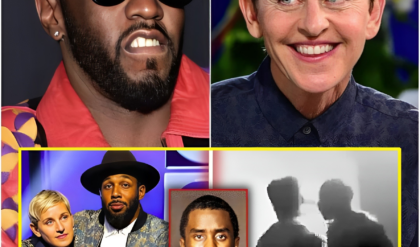
Ronnie Milsap’s recent remarks about Beyoncé’s venture into country music with her album “Cowboy Carter” have ignited a spirited debate within the music community. As a country music icon renowned for his crossover hits, Milsap’s blunt criticism of Beyoncé’s authenticity as a country artist has added fuel to the fire.
In his candid interview with a Nashville radio station, Milsap didn’t hold back, labeling Beyoncé as a “fraudster” and questioning her credibility in the country music realm. He emphasized the importance of storytelling, simplicity, and soul in country music, suggesting that Beyoncé’s blend of genres lacks the genuine essence of classic country.
Beyoncé’s “Cowboy Carter” album, the second installment in her Americana trilogy, has received both praise and scrutiny for its eclectic fusion of country, hip-hop, pop, and blues. While some applaud her for pushing musical boundaries and exploring the roots of American music, others, like Milsap, criticize her approach as straying too far from traditional country norms.
Milsap’s critique taps into a broader sentiment among traditionalists who believe that the integrity of country music is at risk in an era of genre-blurring experimentation. However, it’s important to consider Beyoncé’s stated intention with “Cowboy Carter”: to highlight the contributions of Black artists to the country genre and American culture overall. Through collaborations with Black country artists, Beyoncé aims to shed light on their often-overlooked impact, weaving a narrative that is both innovative and rooted in history.
Ultimately, the clash between Milsap’s purist perspective and Beyoncé’s boundary-pushing creativity underscores the ongoing evolution of country music and the complex intersections of culture, identity, and genre. As “Cowboy Carter” continues to spark conversation, it prompts reflection on the ever-changing landscape of music and the diverse voices shaping its future.
Despite Milsap’s harsh words, many in the music industry have rushed to Beyoncé’s defense, arguing that her work is revitalizing interest in country music among younger and more diverse audiences. “What Beyoncé is doing is opening doors. She’s inviting people to experience country in a new way, and that’s something we should celebrate, not condemn,” said music producer and songwriter Marcus Hummon.
The debate over what constitutes “real” country music is not new. Over the decades, the genre has seen numerous evolutions, from the traditional sounds of Hank Williams and Patsy Cline to the pop influences brought by artists like Taylor Swift and Carrie Underwood. Each wave of change has sparked its own set of controversies and discussions about authenticity and innovation.
Beyoncé herself has not responded directly to Milsap’s comments, but sources close to the artist say she remains committed to her artistic vision and is proud of the conversations her album has ignited. “Beyoncé believes in the power of music to bridge histories and communities. If Cowboy Carter challenges some people’s notions of what country music can be, then perhaps that’s a discussion worth having,” a source said.
Meanwhile, the album continues to perform well commercially and critically, suggesting that public opinion may be more open to Beyoncé’s genre-blending than the purists might hope. The singles “Texas Hold ‘Em” and “16 Carriages” have become anthems for a new generation of country fans, many of whom are drawn to the music precisely because of its innovative mix of styles.
As the debate rages on, it’s clear that Cowboy Carter is more than just an album; it’s a cultural moment that is testing the boundaries of musical genres and the meaning of authenticity. Whether one agrees with Milsap or sees Beyoncé’s work as a bold reimagining of country music, it’s undeniable that this clash of musical titans has struck a chord in the heart of the American cultural landscape.
This controversy, while highlighting the tensions inherent in musical evolution, also underscores a vital point: music, like culture, is not static. It is ever-evolving, influenced by the currents of history, technology, and society. Beyoncé, through Cowboy Carter, is both a product of this evolution and a catalyst for further change, challenging us to rethink what it means to be a country artist in the 21st century.
News
Henry Cavill’s Witcher & Superman Replacement Already Avoided The Mistake That Killed The Original Franchise – S
Henry Cavill already has a replacement for The Witcher and Superman thanks to his role in the Highlander reboot, and this is already avoiding the mistake that killed the original franchise. Henry Cavill is one of the most popular action stars thanks to his roles in movies…
Goodbye DC and Superman, Henry Cavill reveals his favorite role if he joins MCU – S
Henry Cavill has expressed his favorite role if he has the opportunity to collaborate with Marvel Studios. Henry Cavill has officially said goodbye to the role of Superman after the DCEU ends at the end of 2023 to open a…
Kim Kardashian Goes Into Hiding After Freak0ff Video Of Her And Diddy Gets Leaked Ok, so things just got a whole lot messier for Diddy. The world witnessed him in his true form as a video of him putting his hands on Cassie made rounds on the internet. – S
It made a lot of folks hella uncomfortable. But as Diddy’s future started to look grim, he thought of a strategy. What’s worse than Diddy being exposed for his crimes? Fans discovering names of beloved celebrities who knew about…
Chris Brown LEAKS The List Of Major Names INVOLVED in Diddy’s Ab*se! | DIDDY IS DONE! – S
**Diddy’s Troubles: Allegations and Revelations** Sean “Diddy” Combs, the music mogul behind Bad Boy Records, finds himself embroiled in a storm of controversies and allegations that threaten to tarnish his reputation irreparably. The latest revelations, sparked by comments from…
HOT NEWS: The Feds LEAK New EVIDENCE of Jay Z P!MPING Beyonce To Diddy?!? – S
The Feds LEAK New EVIDENCE of Jay Z P!MPING Beyonce To Diddy?!? Amidst the swirling vortex of celebrity gossip and scandal, a bombshell revelation has sent shockwaves rippling through the entertainment industry. The latest development involves none…
Kanye Leaks Footage Of Drake Getting Clapped By Lucian Grainge – S
Kanye Leaks Footage Of Drake Getting Clapped By Lucian Grainge Girl, Kanye is back at exp0sing shady celebs, and y’all know that whenever Drake spills the tea, he ALWAYS comes correct with the tea. He has a track history…
End of content
No more pages to load
